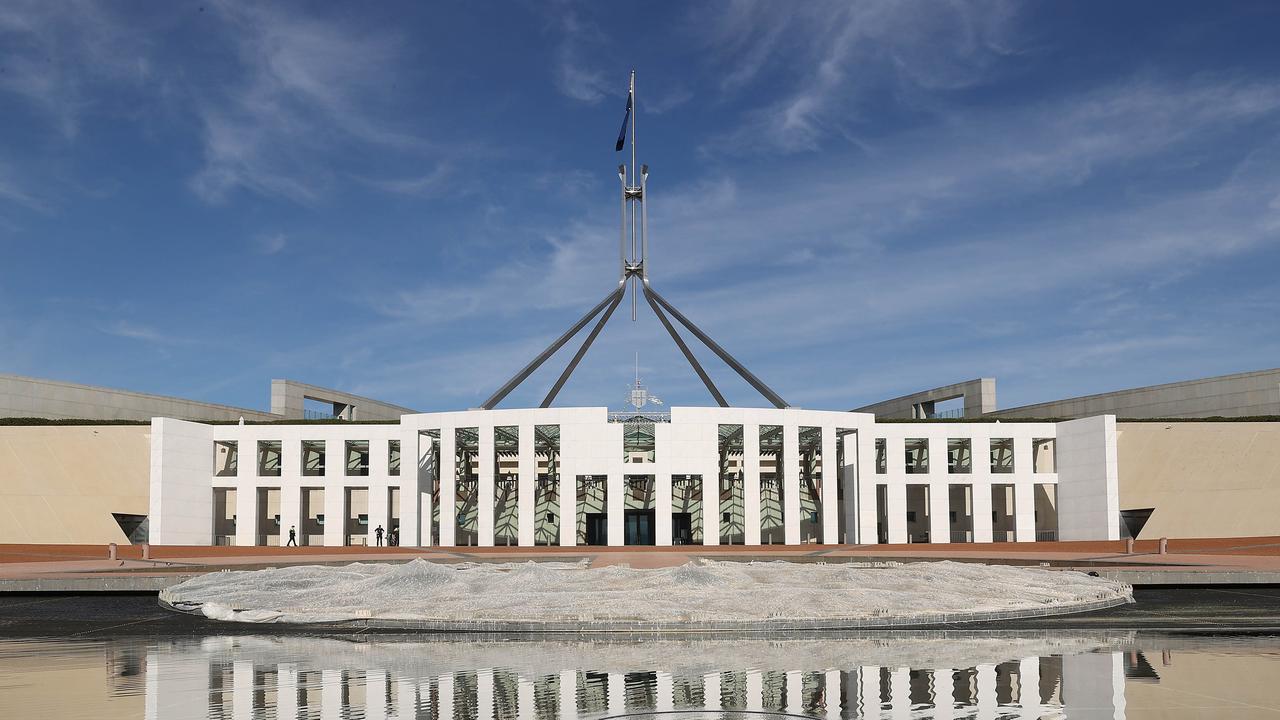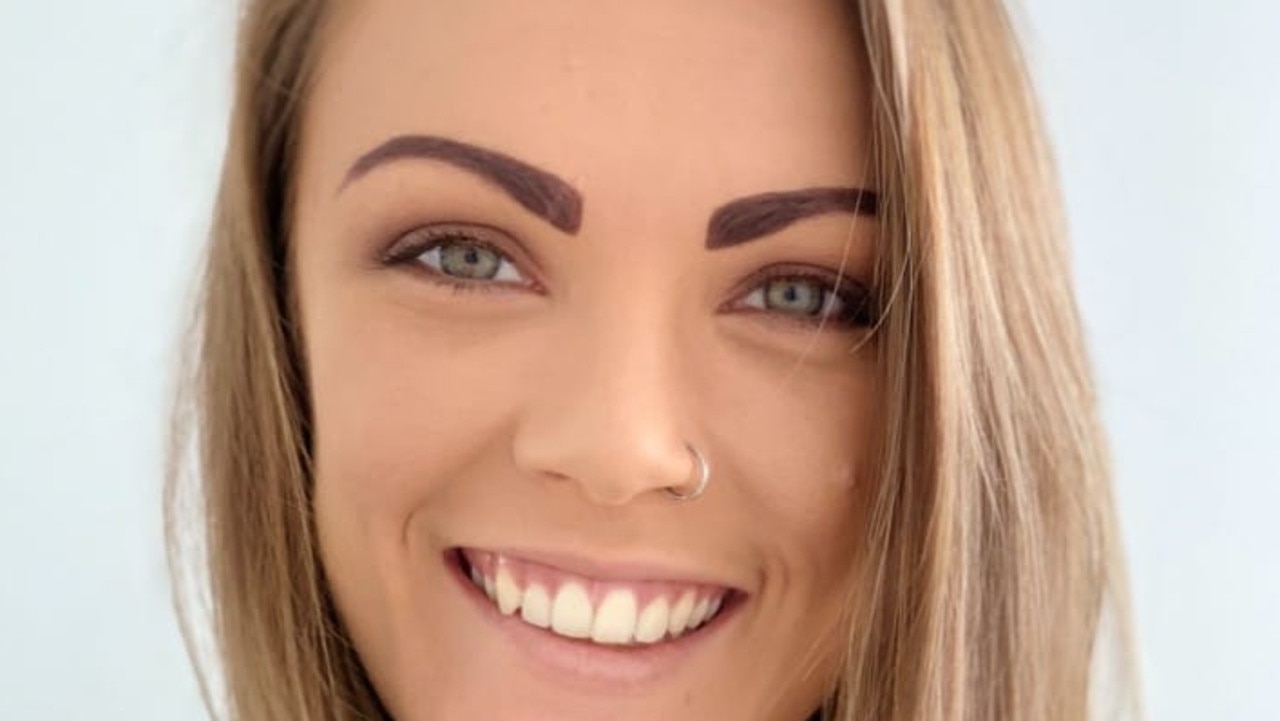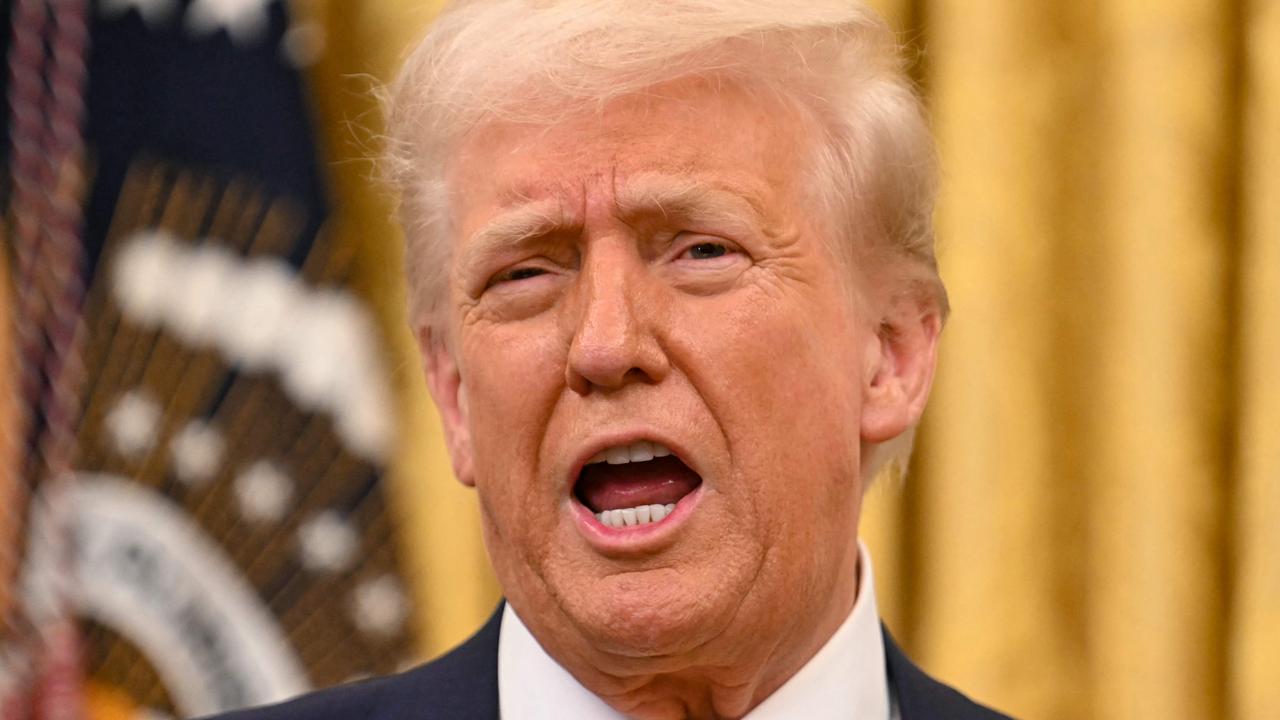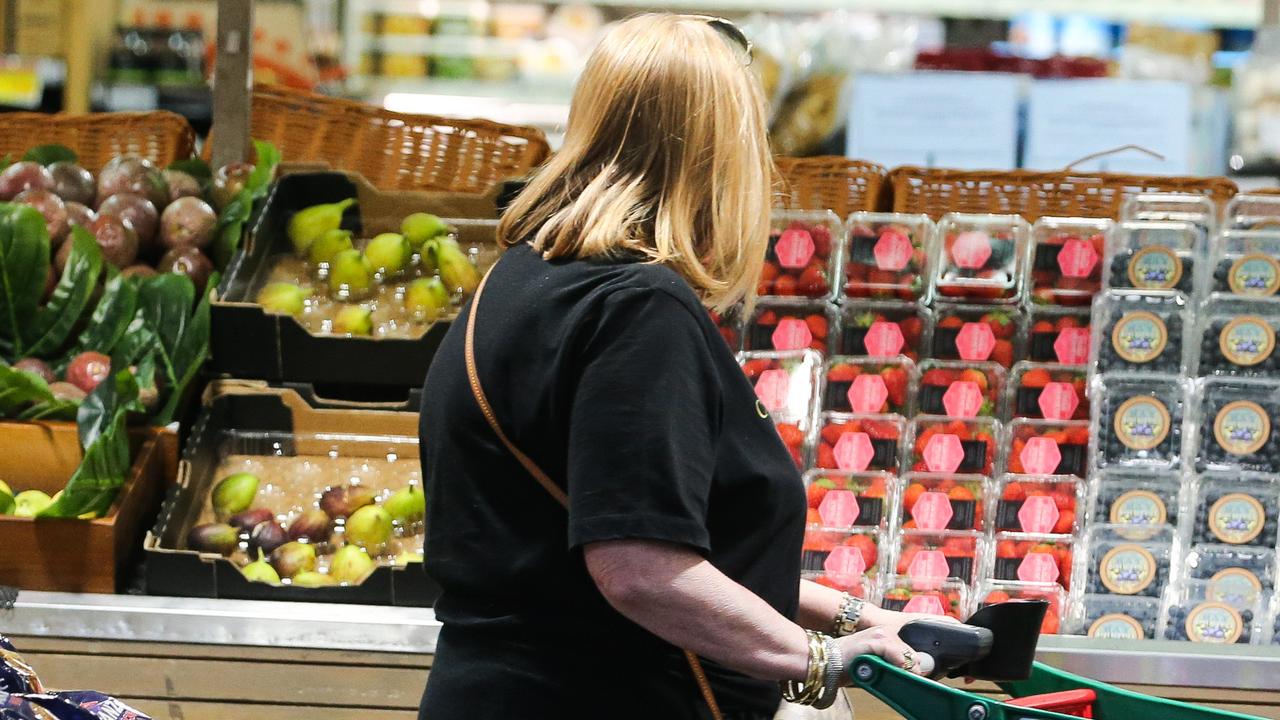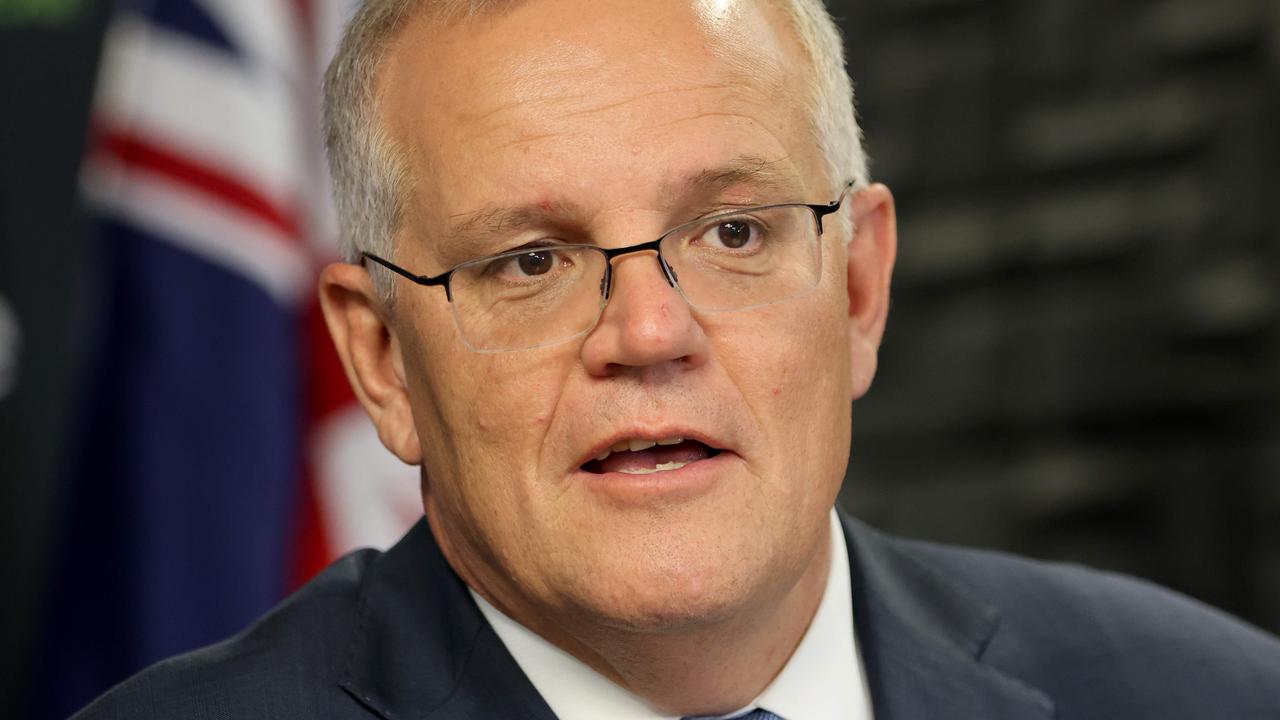Telehealth services ripped away from cancer patients
Telephone consultations with specialists are being taken away from cancer sufferers making access to care more difficult for thousands of Australians.

National
Don't miss out on the headlines from National. Followed categories will be added to My News.
Exclusive: Jane Murray has an aggressive and rare type of breast cancer — and her saving grace has been the telephone.
Not just to talk to her loved ones, but medical specialists, whose telehealth services have saved her long-distance travel to appointments from her home in country Victoria, since her diagnosis in September.
“My life is busy. Setting up telehealth via video with my kids in the background can sometimes be tricky too,” the 37-year-old mother-of-three, who is halfway through chemotherapy treatment, said.
“Phone call consultations mean I have the ability to be ‘mum’ as well as getting important information from specialists.”
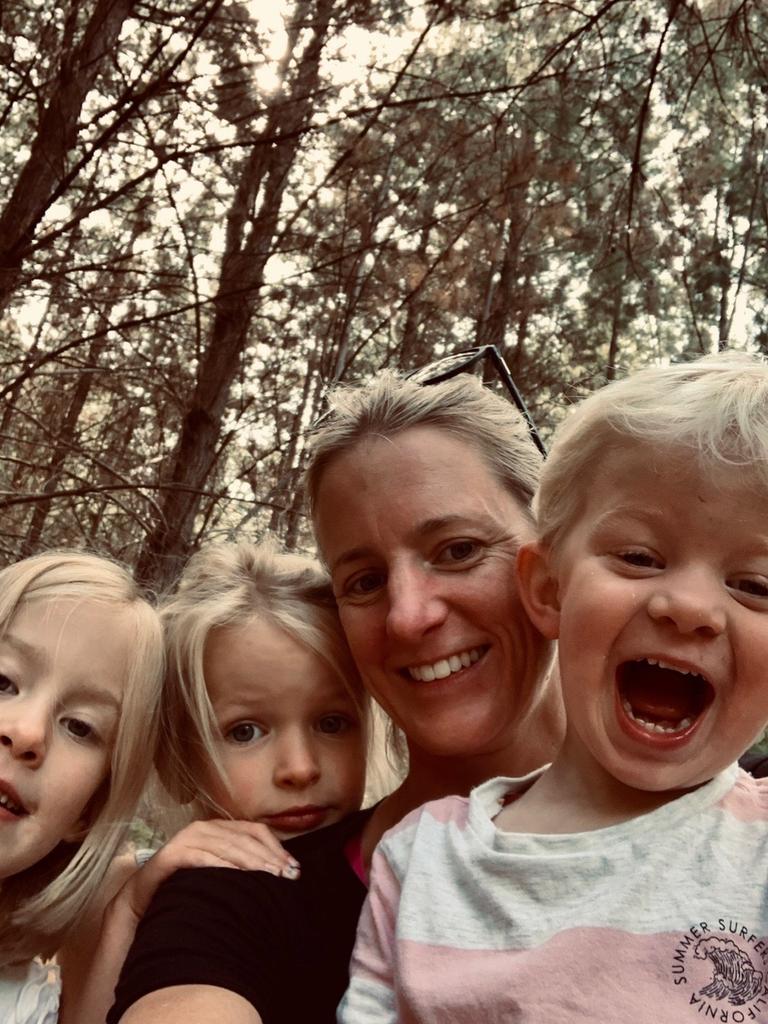
From Saturday, the rug will be pulled out from under her and thousands of other cancer patients, as their access to the service is reduced.
A Medicare Benefits Scheme (MBS) review taskforce recommended telephone consultations with specialists — other than follow ups or “minor attendances” — be removed from the schedule.
That is despite the federal government announcing a $309 million package in November for primary health care, which included making the virtual service permanent.
The Department of Health said the changes “have been the subject of extensive and broad consultation with stakeholders”.
“MBS rebates for specialist services by telephone will continue to be available for less complex or shorter subsequent consultations,” a spokeswoman said.
However, Breast Cancer Network Australia (BCNA) said the available phone services will mostly benefit patients needing appointments with GPs and not cancer specialists, as those calls typically run longer and are required more frequently.
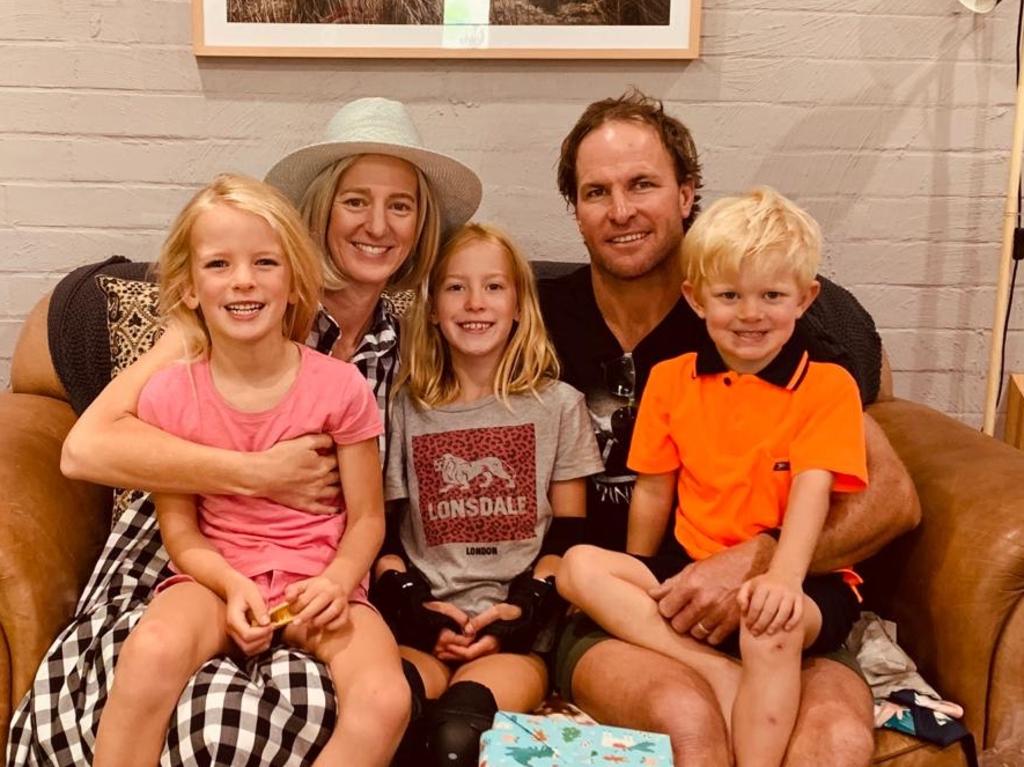
Data from Cancer Australia shows just two to five per cent of monthly specialist services were delivered by telehealth video calls in the first half of 2020, compared with 10 to 24 per cent via phone.
BCNA said the changes will particularly affect those living in rural areas with poor or no internet connection, as well as the elderly and other groups.
“Restrictions and significant limitations to the use of phone consultation in favour of video conferencing and face-to-face appointments will make access to care for those with cancer out of reach for thousands,” BCNA policy and advocacy director Vicki Durston said.
“Either they won’t get access or have to pay out of pocket costs.”
Ms Durston said many immunocompromised cancer patients will want to avoid hospital settings as Covid cases peak, while some oncologists don’t use video conferencing.
“We are unclear why the decision to drastically reduce telephone consultations has been made so quickly and with limited consultation with cancer consumer groups and cancer specialists,” she said.
“We request a deferral to these changes and more time for clinicians and consumers to have a seat at the table to inform decisions that affect cancer care.”
More Coverage
Originally published as Telehealth services ripped away from cancer patients




